Jet engines that compress gas into a plasma have been successfully tested at ground level for the first time.
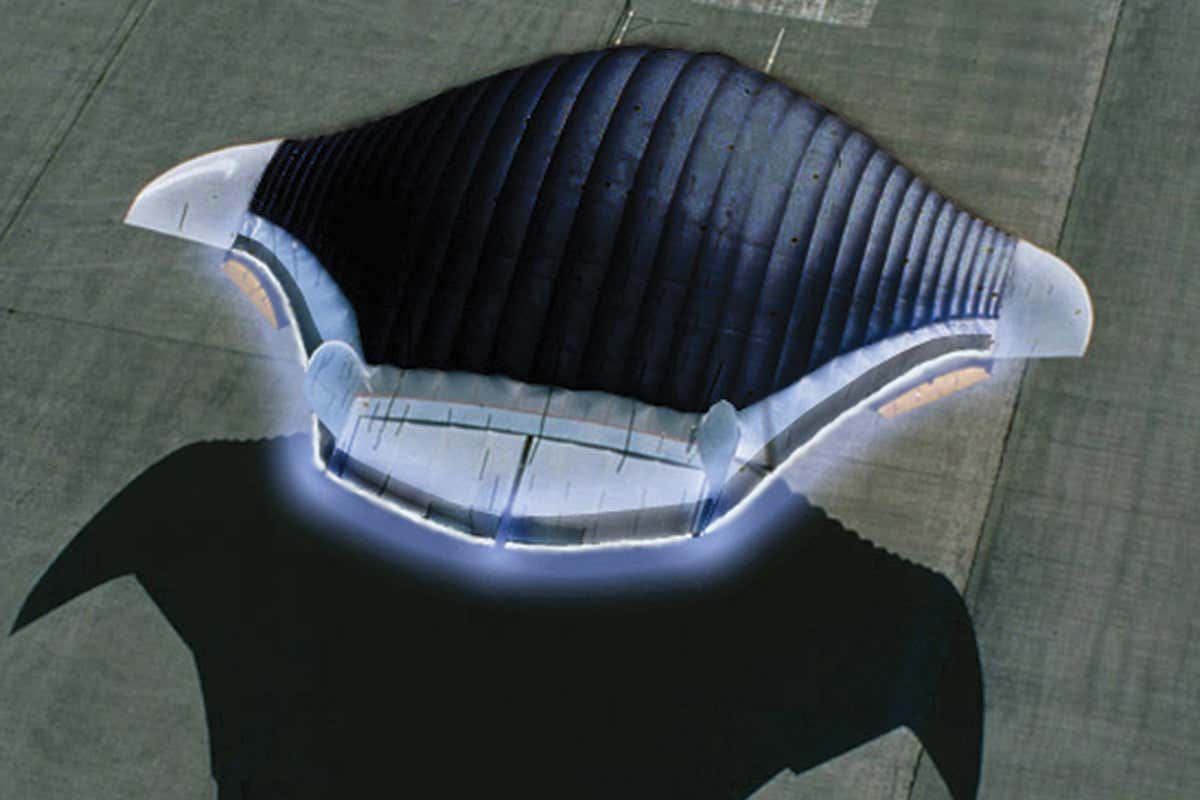

The Rand Corporations 1960’s plans for an underground hypersonic tube train transport system. The plan back then was from NYC to LA in about 20 minutes.
We now have an idea of just what Elon Musk’s Boring Company is going to be for. Yes, it’s to solve traffic, but it looks like it isn’t meant just to be your usual tunnel for cars. In a new update today, the company asserts that it’s actually building a tunnel that can also run the Hyperloop.
Serial entrepreneur Elon Musk is ready to conquer space, roads, roofs, and now even tunnels. What started out as a simple musing on Twitter has become a full-blown startup aptly named The Boring Company. Today, the company added an FAQ page to their website, which offers an abundance of new information about their specific goals.
The most notable announcement that was finally confirmed? The Hyperloop.
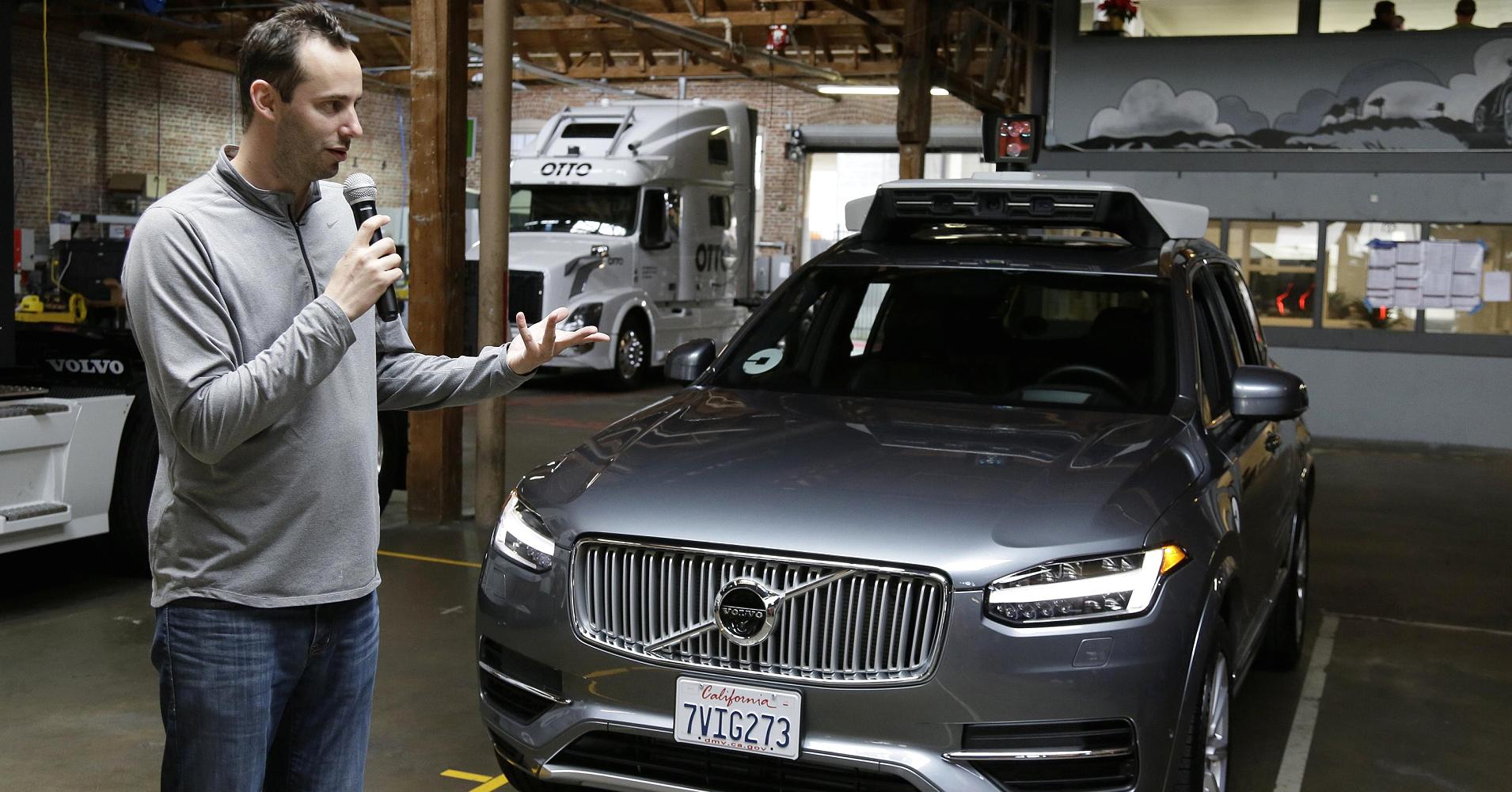
Hopefully this doesnt negatively effect the self driving truck.
One of Uber’s top engineers will no longer be able to work on a key self-driving car technology, a federal judge ordered, adding a new hurdle in the ride-hailing company’s race to get to market.
Uber will be able to continue working on its self-driving car technology, the judge said, but embattled engineer Anthony Levandowski must be removed from any work relating to a key technology called LIDAR, which helps cars “see.”
Alphabet’s self-driving car unit, Waymo, has sued Uber, claiming that the ride-hailing start-up is using key parts of Waymo’s self-driving technology.
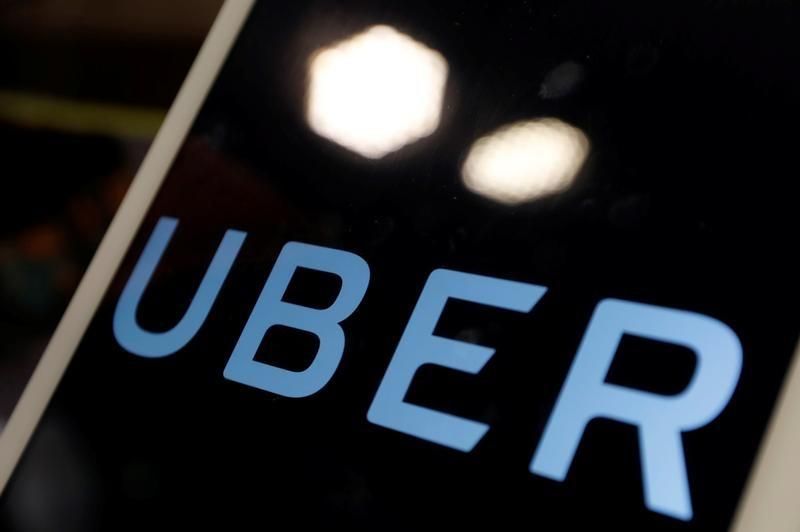
SAN FRANCISCO Uber Technologies Inc [UBER.UL] must promptly return stolen confidential files to Alphabet Inc’s (GOOGL.O) Waymo self-driving car unit, a federal judge ruled, while stopping short of shutting down the ride-services company’s autonomous car program.
The judge wrote that Uber knew, or should have known, that an ex-Waymo engineer it later hired had taken Waymo files potentially containing trade secrets, and that some of the intellectual property had “seeped into” Uber’s own development efforts.
The ruling by U.S. District Judge William Alsup in San Francisco, unsealed on Monday, marked a blow to Uber, which is engaged in a battle with Waymo to dominate the fast-growing field of self-driving cars expected to revolutionize the automotive industry.
FlashBattery promises to make charging your car a quick and easy affair.
Instead of just being regional, why not go international? That’s the idea behind ET3’s tube transportation concept, which it calls the “mag-lev limo.” It would be capable of traveling from New York to Beijing in 2 hours.
Transportation of the future is being developed today: autonomous electric vehicles, flying cars, and the futuristic pods that make up the Hyperloop are just a few notable examples. There’s another idea vying to be the next generation of public transportation, and while it might look something like the Hyperloop, this tube transport company’s CEO Daryl Oster explains why it’s different:
EVE and NOMI will change the way you drive.
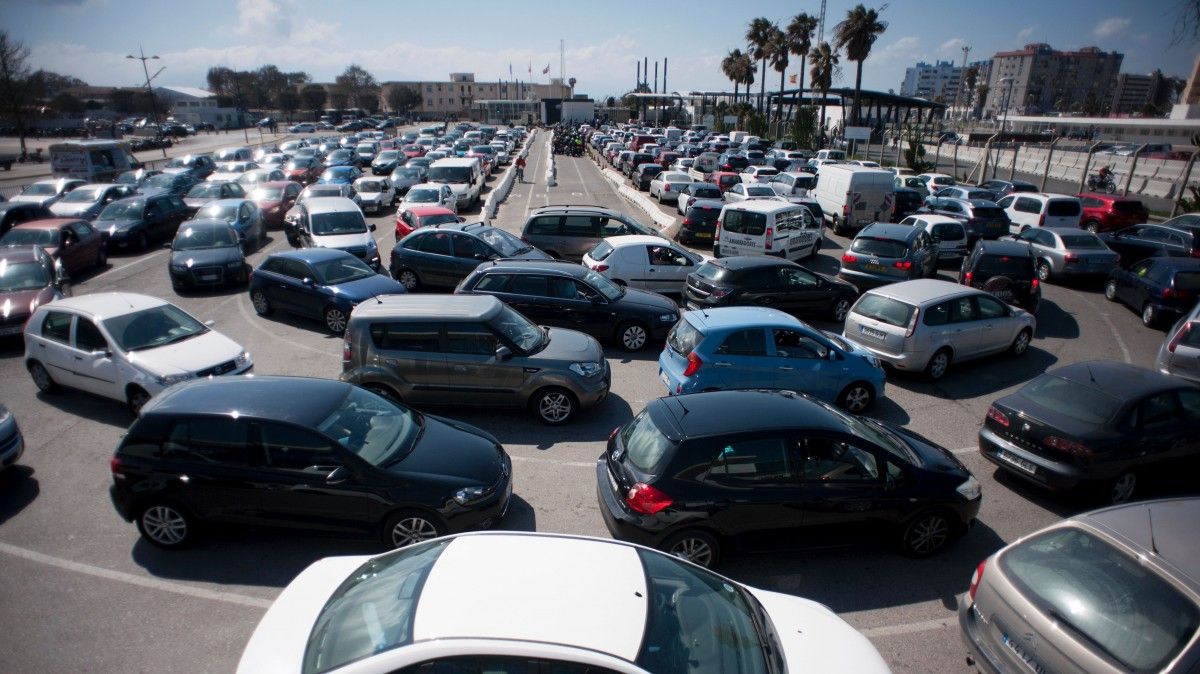
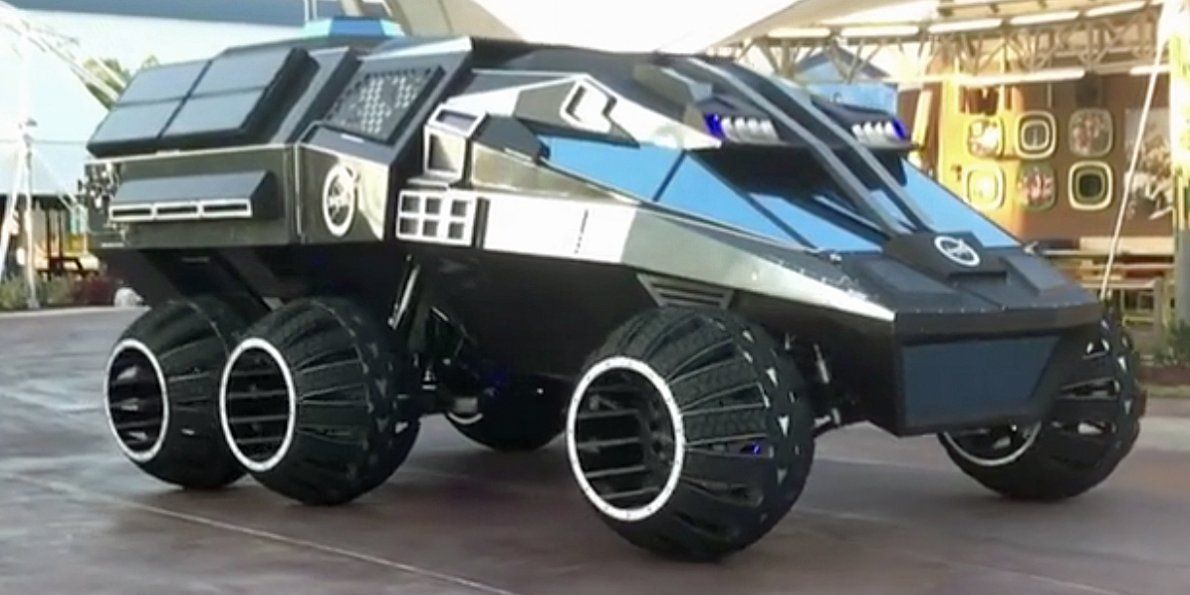
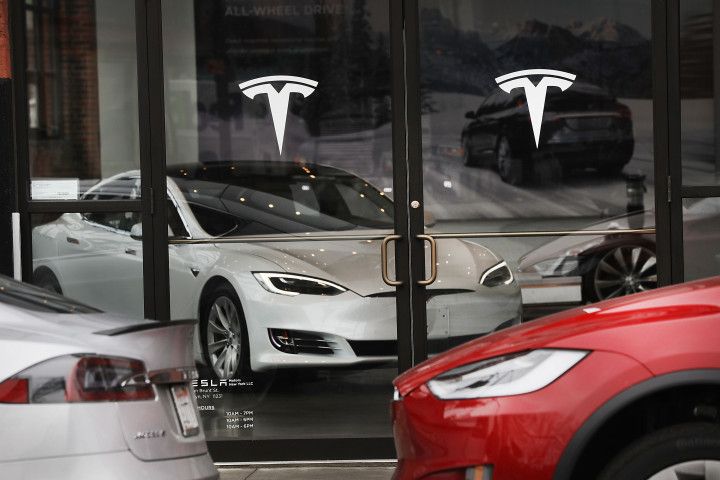
See also: Elon Musk Says Robots Will Help Tesla Catch Up to Apple in Value
So why won’t other auto manufacturers follow suit and overtake Tesla? First, their products, as well as their factories, are bogged down by legacy. Tesla’s electric cars are significantly easier to manufacture than internal combustion (IC) vehicles. Tesla’s Model S has fewer than 20 moving parts, compared with almost 1,500 moving parts in an IC-engine car. This means that there are fewer steps in the assembly process, fewer suppliers to deal with, and lower inventory of components and parts. Further, Tesla doesn’t have to deal with a unionized workforce, a complex supply chain, or a legacy dealer network. Free from this legacy, Tesla can embrace disruptive innovation without worrying about the backlash from workers, suppliers, and dealers.
To become as big as Apple one day, Tesla will need more than the “Henry Ford” approach to manufacturing. It will also need the “Steve Jobs” approach to marketing by creating a vast global appetite for its products. The Apple iPhone is a global product that can be sold from New York to Mumbai to Beijing with very little incremental investment. However, Tesla’s cars require the creation of infrastructure for charging and a distribution network from scratch—a very expensive and time-consuming process. Tesla will need to build out its charging network and distribution reach, country by country. China is an important overseas market for Tesla, as is Scandinavia; it also has a rollout plan for India with its Model 3.